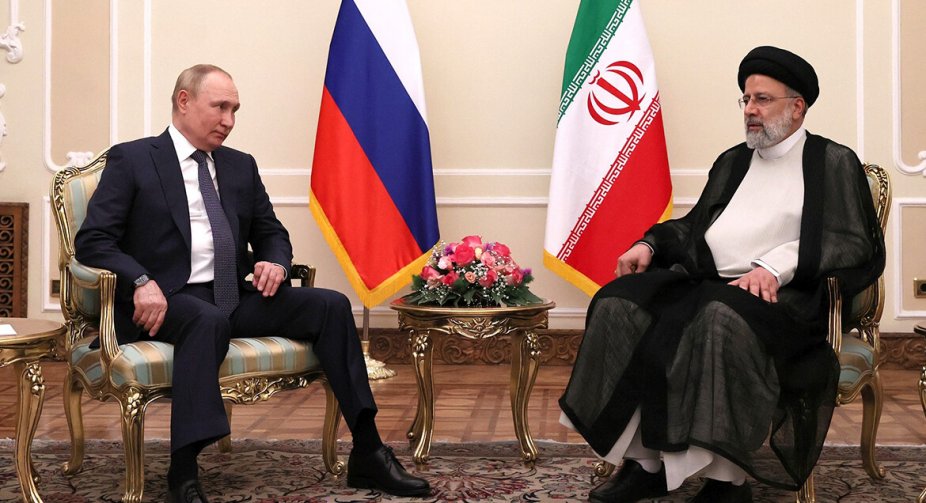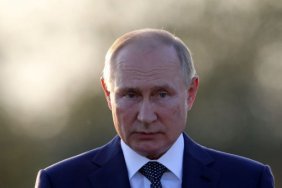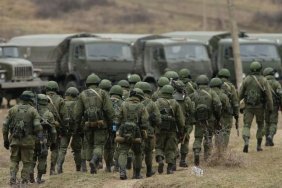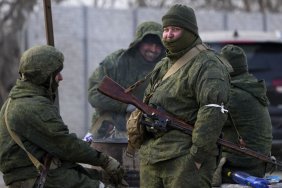Russia and Iran expanded their strategic partnership after Russia invaded Ukraine in February 2022. The Institute for the Study of War (ISW) reports this.
High-ranking Russian and Iranian officials have met frequently in recent months to enhance cooperation and sign economic and military agreements.
"Moscow and Tehran have long cooperated when their interests overlap, especially in the U.S. standoff in the Middle East, but their recent actions underscore a more concerted effort to strengthen their partnership," the Institute noted.
Presidents Vladimir Putin and Ibrahim Raisi have spoken at least four times since the invasion began - more times than each has spoken to most other world leaders. Putin visited Tehran in July 2022, his first trip abroad outside the former Soviet Union since the war began.
"These interactions reflect a deepening and potentially more balanced relationship in which Russia is no longer the dominant party. This partnership is likely to challenge the interests of the U.S. and its allies in Europe, the Middle East and around the world," the analysts added.






